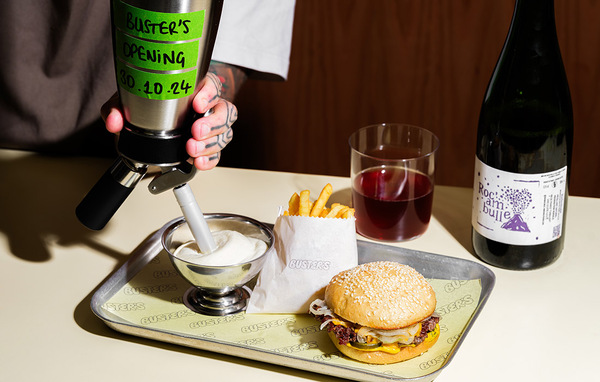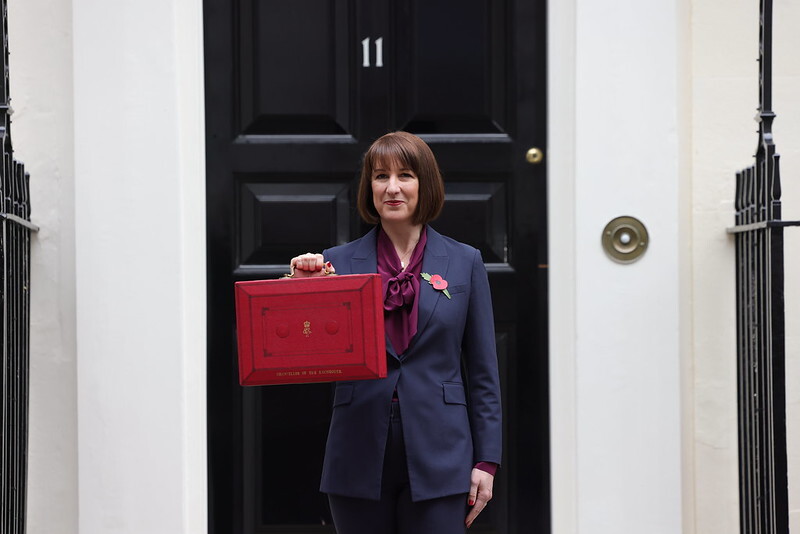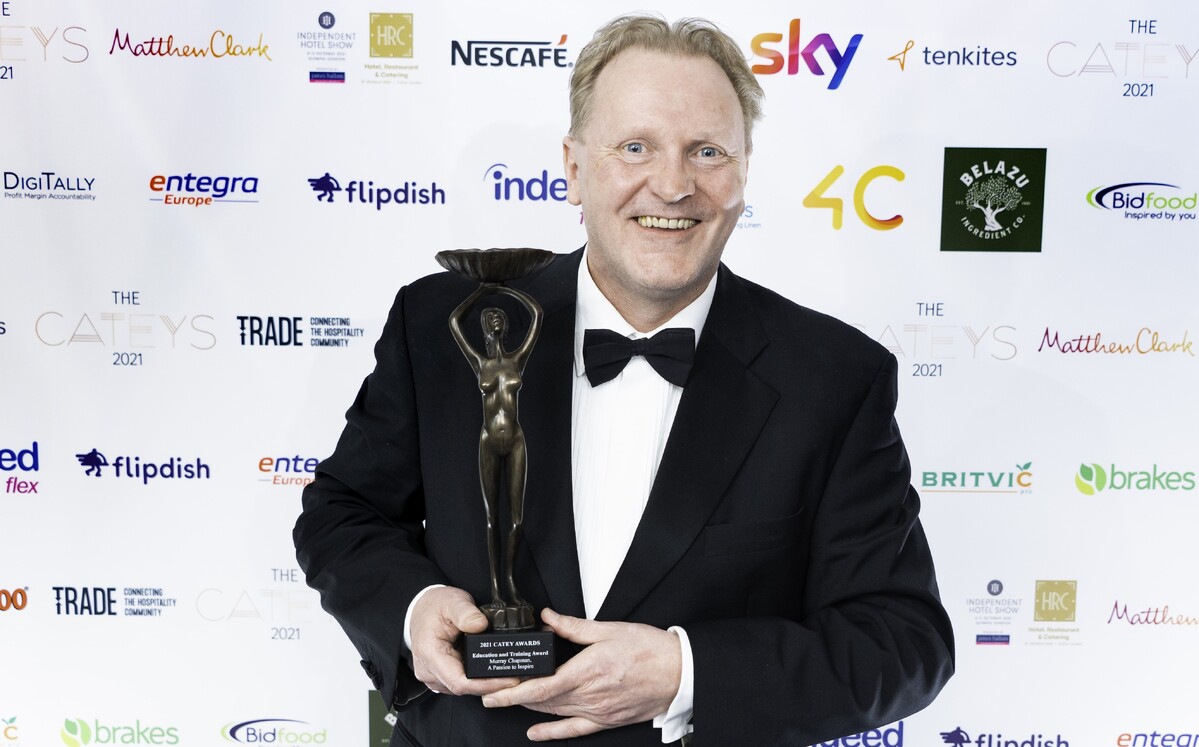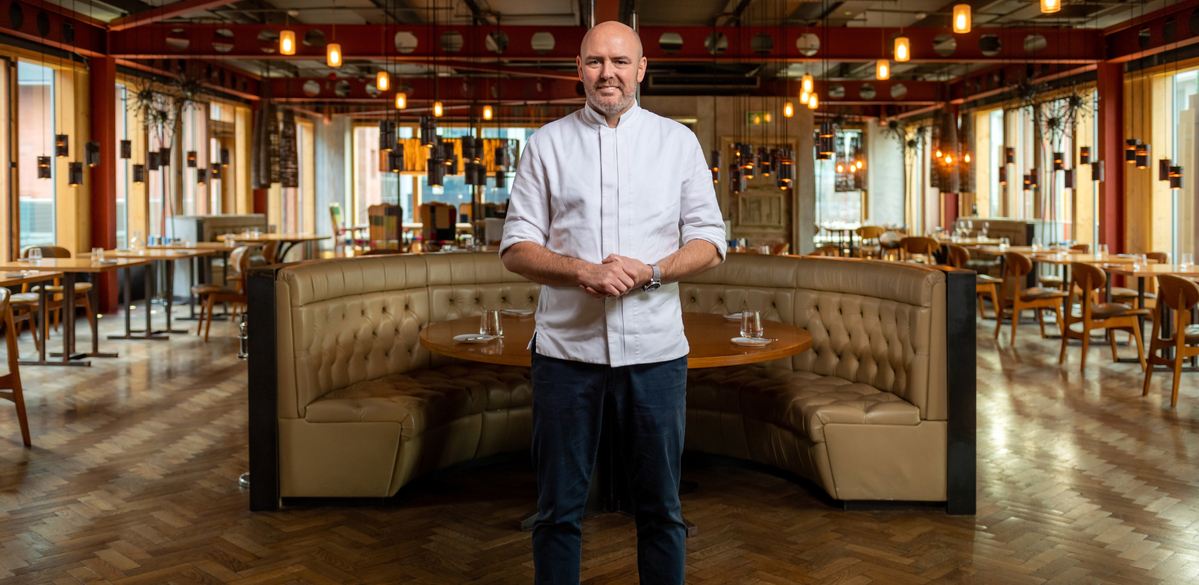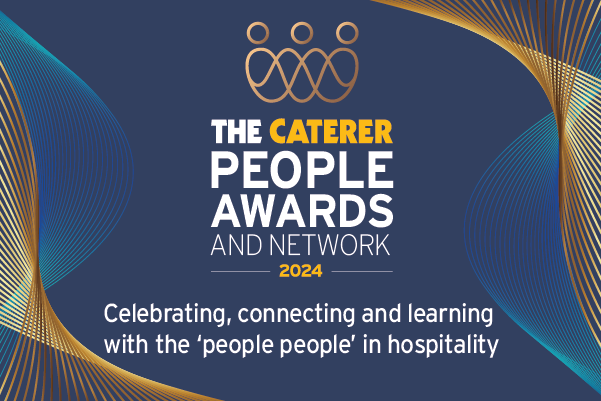Viewpoint: It's crucial that we look after our staff
When we are facing an uncertain future, we, through Hospitality Action, can offer staff some much-needed reassurance, says Jonathan Raggett
In many respects, I don't think the challenge to encourage people into the hospitality industry and retain them has ever been greater. Social media has made everyone an expert on service and food, and we all know the power of user-generated content and the impact this can have on sales. But mistakes happen, bad reviews happen and with this comes a pressure and tension that has not existed previously.
Brexit has also made things far harder. Many of the excellent European staff on whom we have relied no longer want to live in the UK, and people do not want to come to the UK to work because of all the uncertainty.
Food and drink prices, business rates and changes to HMRC tax laws have all added extra costs, which makes it harder to generate a profit for our stakeholders.
Sadly, we have a government that doesnât fully understand or respect this industry. Despite the efforts of Ufi Ibrahim and her team at the British Hospitality Association, we still have not received a reduced rate of VAT and thereâs no clear vision about whom we can and canât employ after Brexit.
In this situation, it is more important than ever that we take the very best care of our teams. It is not unusual for leaders in this industry to talk about how their employees are essential to the success of the business and yet do so little for them.
Having been a proud and enthusiastic trustee of Hospitality Action (HA) since 2011, I was delighted when it launched its Employee Assistance Programme (EAP) and Red Carnation Hotels was one of the first companies to sign up to it.
The cost to join is £5 per employee per year, and for that employees have access to 24-hour helplines, financial and legal advice, addiction support and a whistleblowing service.
The service is completely confidential and covers almost any issue a person may be facing. Over the years the scheme has been in operation, there have been several occasions when the EAP has been invaluable to my team.
One member of staff had major debt issues, having reached the limit on six credit cards. He was stressed, anxious and didnât know to whom to turn for help. Having approached his manager, he was put in touch with HA and, within weeks, his debt had been consolidated at a lower interest rate, making repayment more manageable and removing the associated stress and anxiety.
Last year, Red Carnation sadly lost two outstanding members of the team, who between them had worked for the company for 30 years. Both were in their early fifties and always appeared in excellent health. The suddenness of their passing was a huge shock to all of us, but professionally trained councillors were made available by HA to provide support to grieving colleagues.
Finally, a member of the team in her early twenties was diagnosed with multiple sclerosis and quickly faced problems with her sight. Although the business was able to offer some reassurance, the EAP was able to provide advice on help and benefits that she could call on, which we were unaware of, and with this support, our employee has been able to continue to work while also taking care of her two young children.
We have interesting and challenging times ahead, and if you, as a manager, think that £5 per year for each of your employees is too much to join the EAP, then I urge you to think again.
Jonathan Raggett is managing director of Red Carnation hotels


